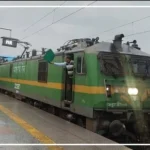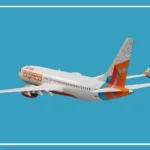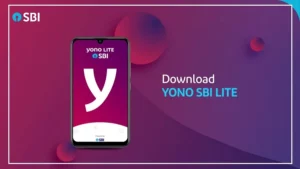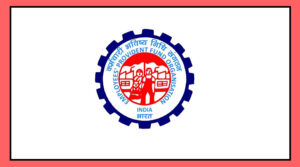Planning a train trip with family, friends, or colleagues? Apart from checking train timings, it’s just as important to check your ticket status, especially when booking as a group.
Many times, some tickets under the same PNR get confirmed, while others remain in the waiting list.
People often assume everyone can still travel together—but that’s not always true.
Strict Rules for E-Ticket Passengers
As per Indian Railways rules, passengers with waiting e-tickets are not allowed to board the train.
If your ticket isn’t confirmed by the time the final chart is prepared, you cannot travel on that ticket—even if others in the same PNR are confirmed. To avoid issues at the station, it’s best to understand the rules in advance.
What Happens with Waiting E-Tickets?
If your e-ticket remains in waiting status till the final chart is prepared, it gets automatically cancelled.
You won’t be allowed to board the train, and the refund process begins automatically.
Final Chart Is the Deciding Factor
Indian Railways prepares the final chart 4 hours before the train’s departure.
If your ticket is still in the waiting list at that time, consider it cancelled and make other travel arrangements.
E-Tickets vs Counter Tickets
E-Tickets: Waiting list e-tickets are not valid for travel. They get auto-cancelled, and you won’t be allowed on board.
Counter Tickets: If booked at the railway station and still in waiting status, you can board the train, but there’s no guarantee of a seat. You may need to travel standing in a general compartment.
PNR Cannot Be Split
Many travelers believe that confirmed and waiting passengers under the same PNR can be separated later, but that’s not possible.
A PNR cannot be divided. The only option is to cancel the waiting ticket and book a new one separately.
Book Smart, Travel Easy
Experts suggest booking tickets in smaller groups to avoid getting stuck with mixed confirmation statuses.
Also, make sure to keep checking your ticket status until the final chart is out. This helps avoid last-minute surprises and travel issues.

























